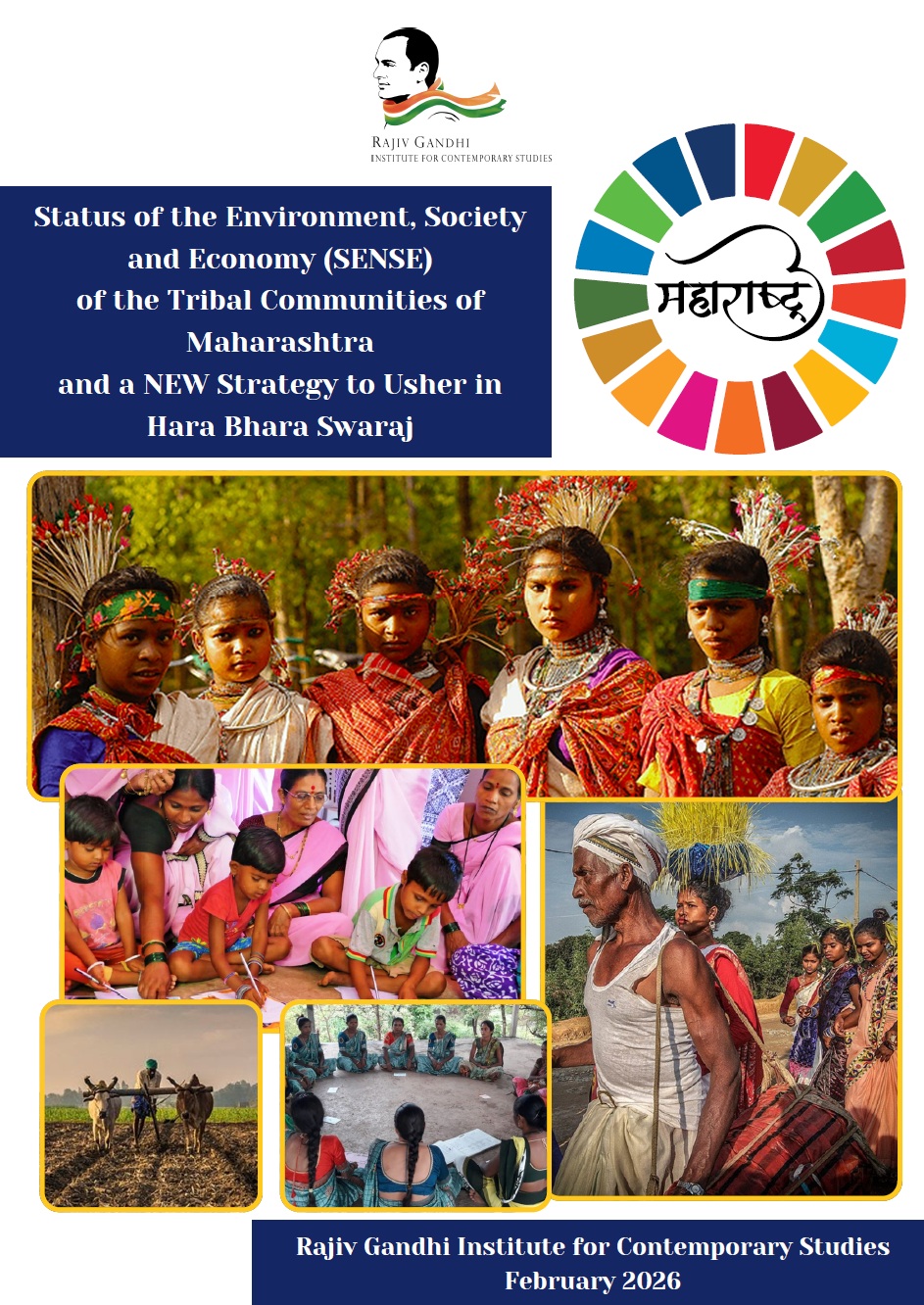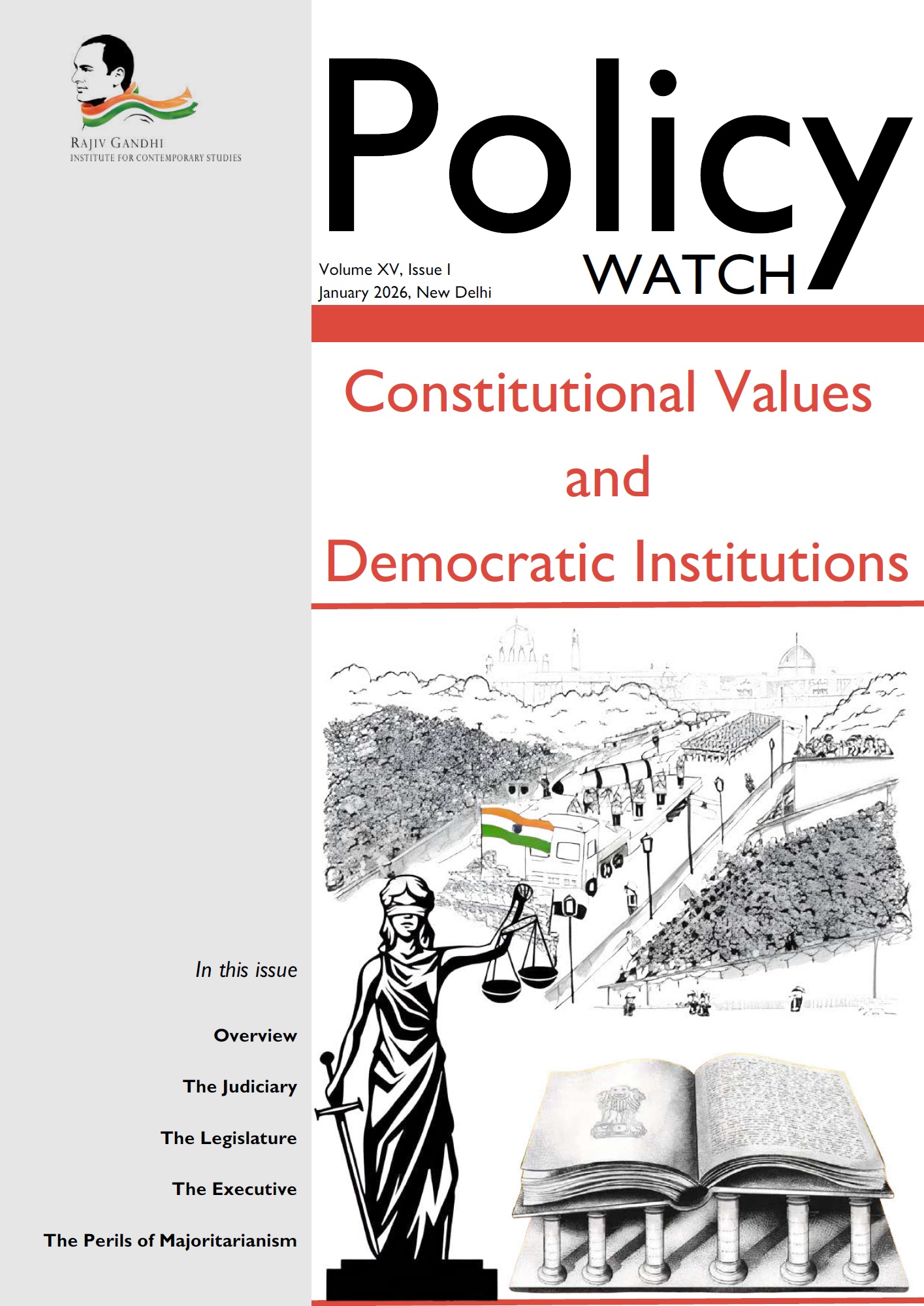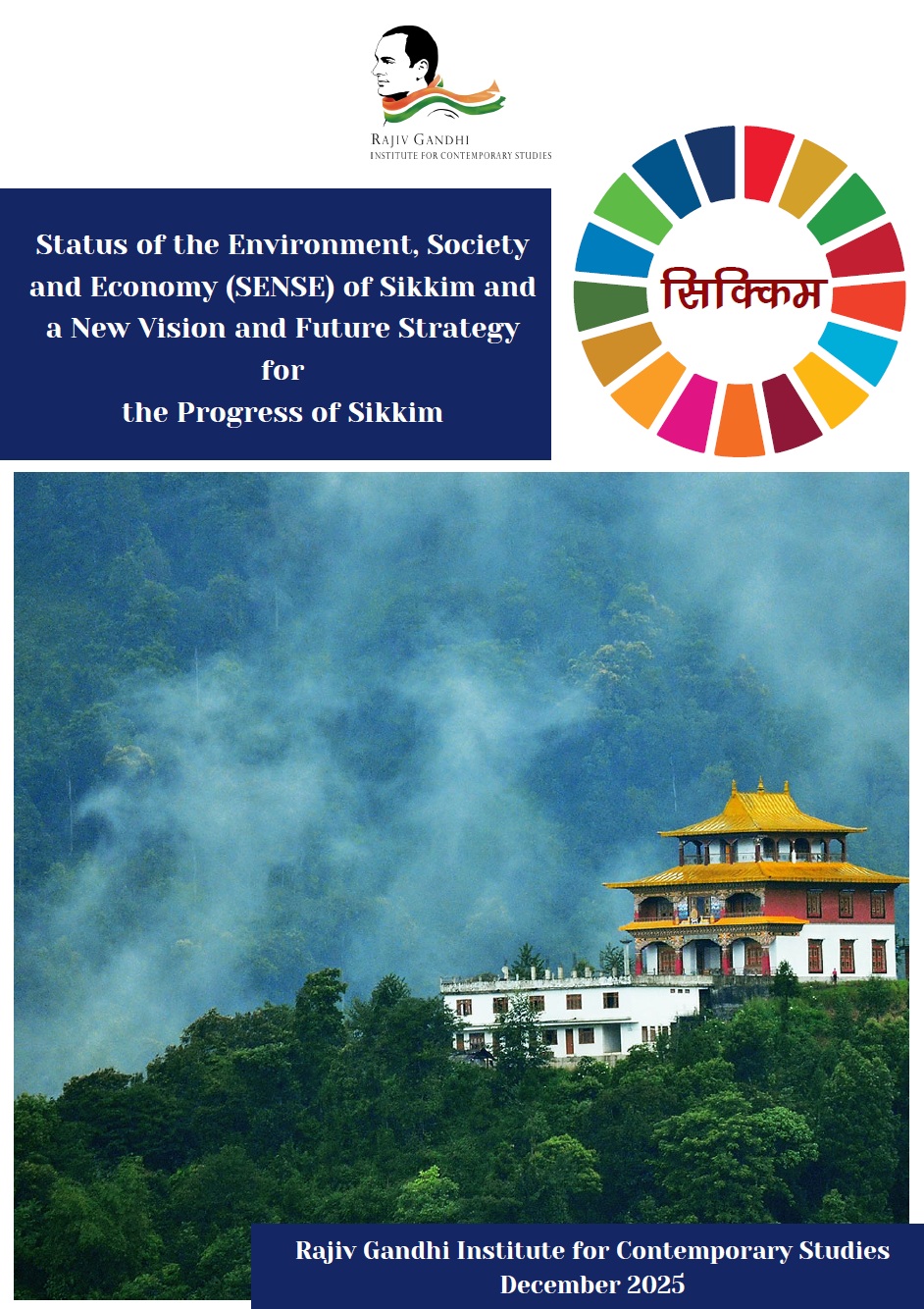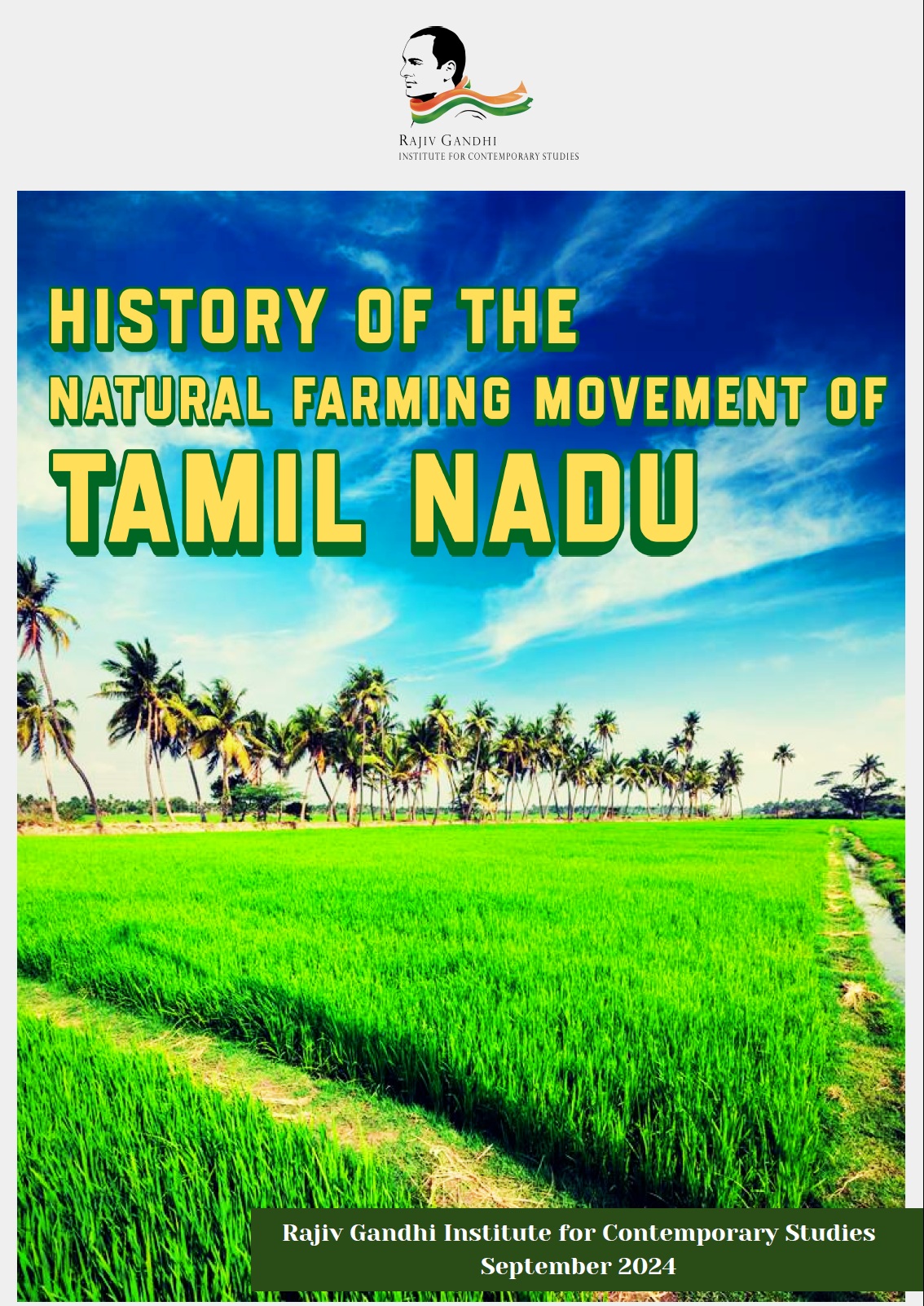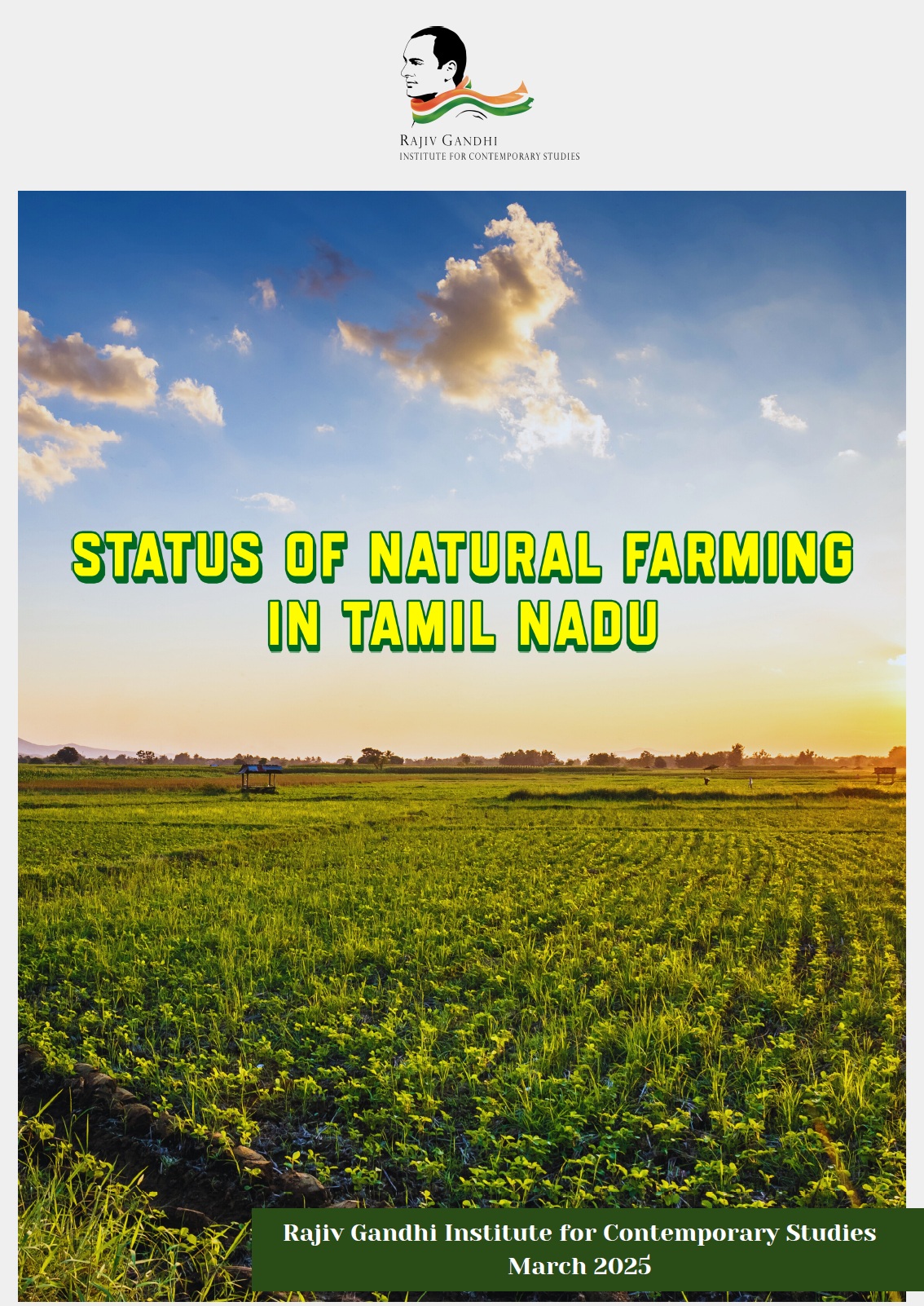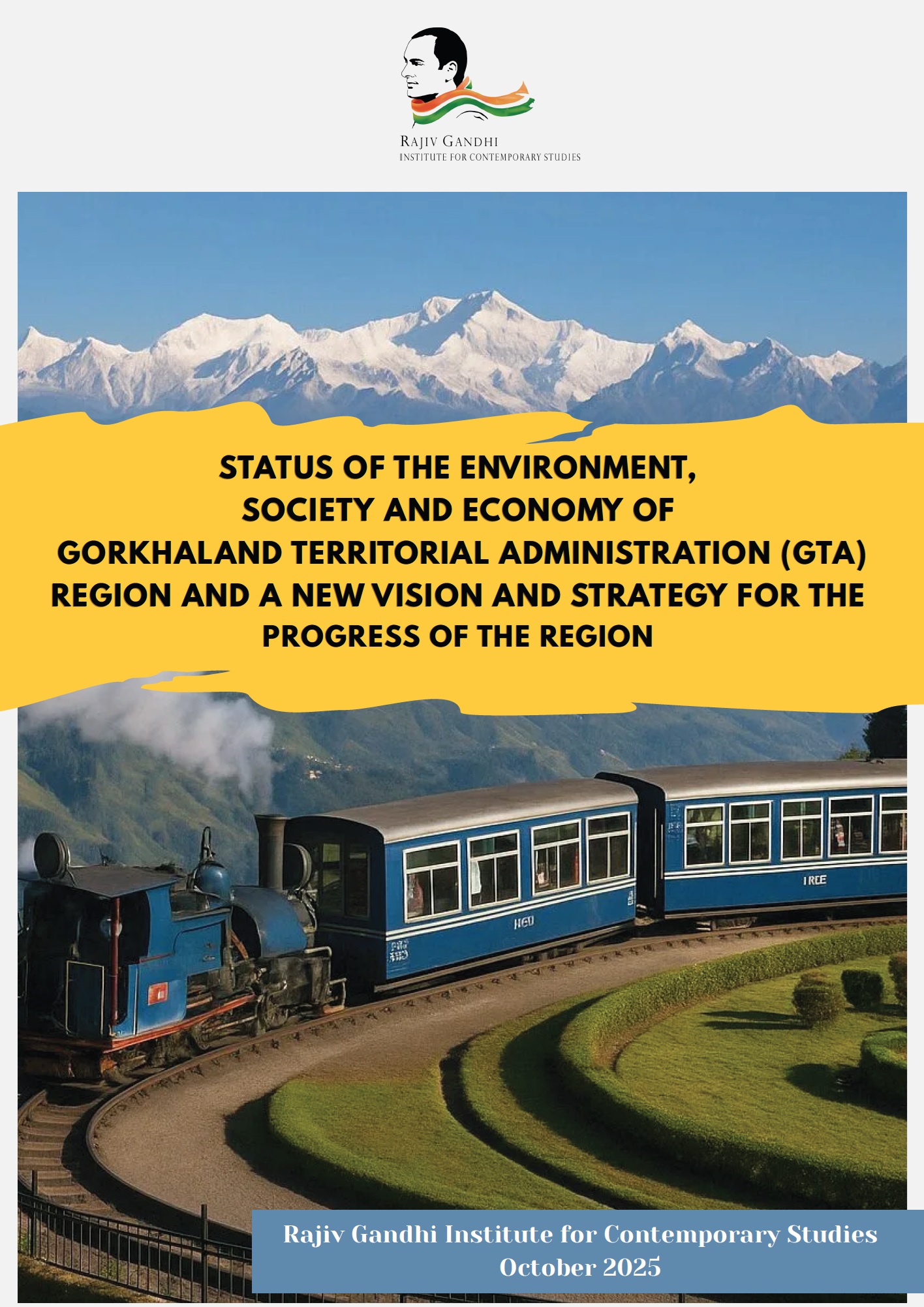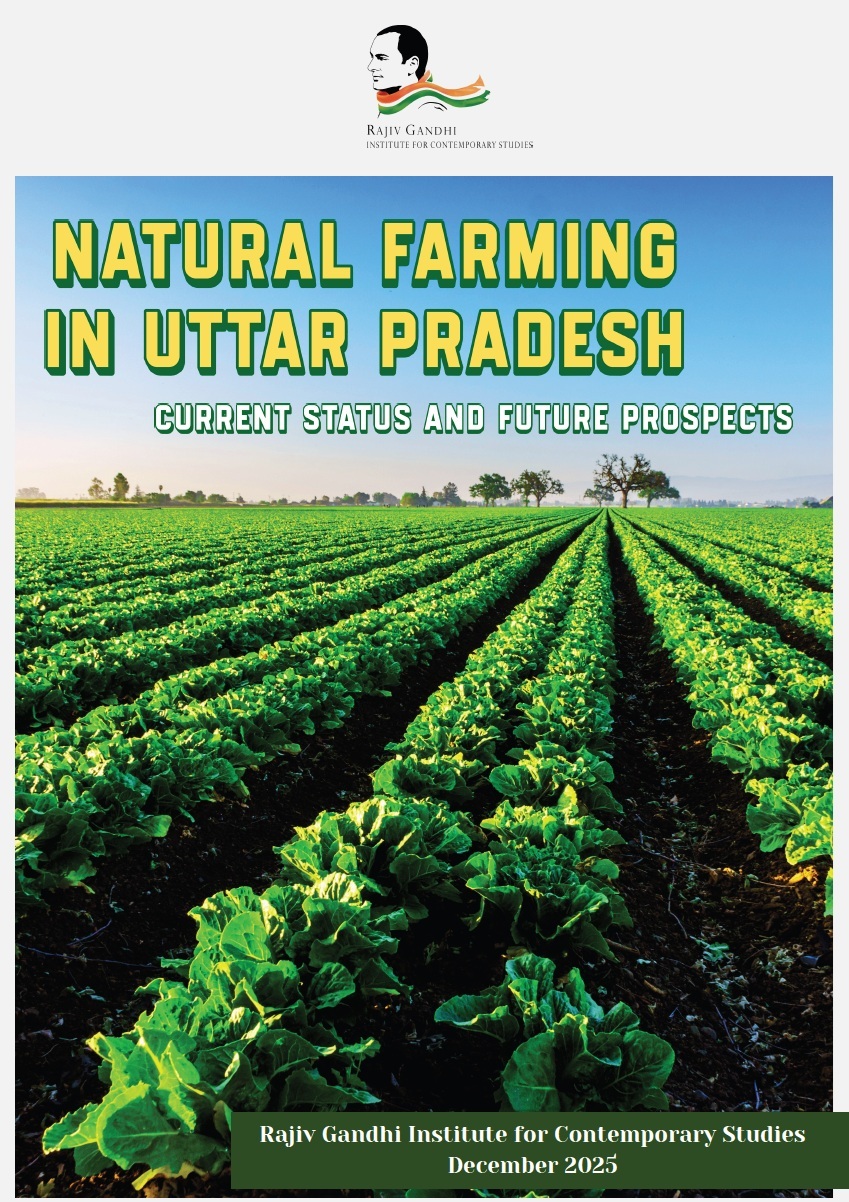The COVID-19 pandemic hit MSMEs hard, with 71% of businesses reporting a 90% drop in revenue. Many struggled with financial stress, low demand, and supply chain disruptions. Despite these setbacks, 80% of business owners believed they could recover within a year, showing remarkable resilience and optimism. While 56% planned to retain their workers, about 25% feared they would have to lay off over half their staff. Government relief measures, such as the ₹3 lakh crore loan guarantee scheme, had not reached many businesses, with 53% saying the package wouldn’t help them.
The survey covered 421 MSME owners in Madhya Pradesh, with most businesses in manufacturing (36%) and services (64%). 58% had fewer than ten workers, highlighting the vulnerability of small businesses. Capital shortages and weak demand were the biggest hurdles to recovery, particularly for manufacturing units.
On the financial front, over half of the respondents sought loan rescheduling, but rather than asking for full loan waivers, most requested interest relief. Only 6% wanted complete loan forgiveness, showing a preference for support over dependence. Many also urged the government to reduce electricity bills and lease rents to ease their burden.
However, government aid wasn’t reaching everyone—27% were unaware of relief measures, and many faced delays in loan approvals from banks. Faster access to credit and better communication about relief programs were seen as critical to recovery.
Despite the hardships, MSME owners remained determined to bounce back. To support their revival, the government must ensure timely financial aid, stimulate demand, and remove bureaucratic obstacles to help these businesses regain their footing.
Keywords: MSMEs (Micro, Small, and Medium Enterprises), COVID-19 Lockdown, Business Impact, Financial Constraints, Government Support, Loan Rescheduling, Worker Retrenchment, Revival Challenges, Market Demand, Entrepreneur Resilience
Impact of COVID-19 on MSMEs
Send download link to:


